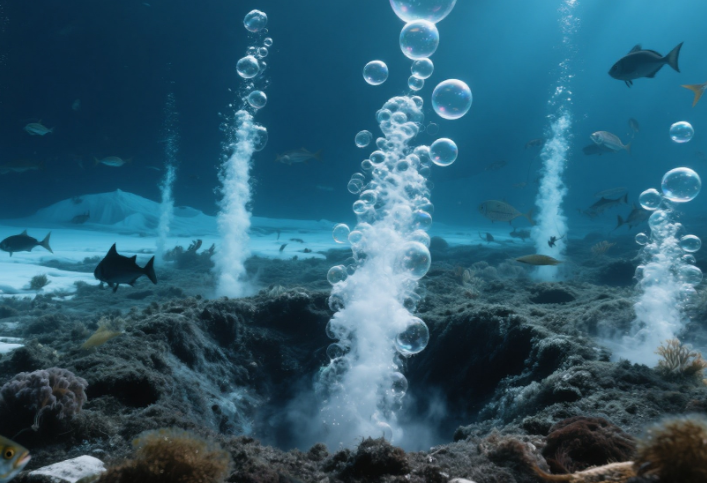An international team of scientists has discovered over 40 new methane seepage sites in Antarctica’s Ross Sea, some located in areas previously considered stable. Through acoustic surveys and submersible sampling, researchers found these leaks are releasing greenhouse gases at an “astonishing rate”—methane has 80 times the warming effect of carbon dioxide in the atmosphere over its first 20 years. Scientists speculate that Antarctic warming may trigger the decomposition of methane hydrates in seafloor sediments, creating a “climate feedback loop.” This discovery is not incorporated into existing climate models and may lead to underestimations of future warming projections.

Leave a Reply